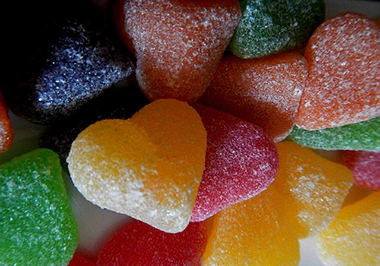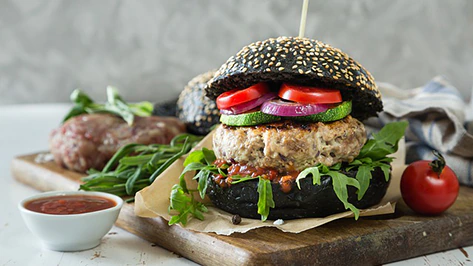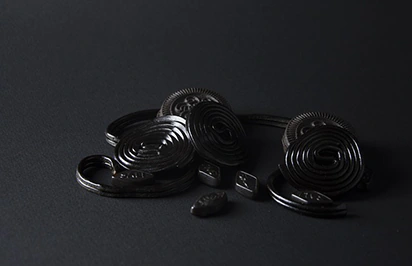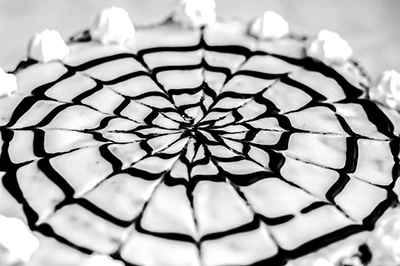| Additive Summary | Carbon Black (E153) |
|---|---|
| Essence | Carbon Black or E153 is a typically naturally produced coloring agent used for black color. It can, however, be created from all kinds of nasty things as well which pretty much guarantees that it will be beyond just harmful. |
| Names | Activated Carbon, Carbon Ash, Acetylene Black, Vegetable Black, Channel Black, Furnace Black, E153, CI 77266, Lampblack, Charcoal, Thermal Black, Norit, CAS 7440-44-0, INS No. 153, C.I. Pigment Black 6, Carbon Black, and others. |
| Sourcing | It can be sourced from all kinds of things. Wood, Cellulose Residues, Coconut shells, Peat shells, and other vegetable matter are just some of the options. But it can also come from coal tar, ethylene cracking tar, fluid catalytic cracking tar, and other petroleum products. It can also be derived from blood, bones, meat, oils, various fats, and resins. |
| Manufacturing | In a rotary kiln, the vegetable matter source is typically steam-activated. This is then milled and treated with a device known as a cyclone. The find part of the separated material is then washed and purified in hydrochloric acid, neutralized, and then, finally, dried. |
| Application | Coloring (black, not water-soluble). |
| Acceptable Daily Intake | Depending on the agency, it’s either banned for human use, can be used in amounts of 2 grams, 10 grams, or infinity a day on every kilogram of body weight. Despite that, we should actually never consume the Vegetable Black. |
| Side Effects | As a food additive, despite being natural in nature, it has been shown to cause cancer. Depending on what it is exactly made out of can bring other unforeseeable side effects. This dye has been banned in the USA. |
| Benefits | None. |
| Studies | 3,100+ studies on Pubmed. 25+ studies on safety. |
| Allergens | None. |
| Diet Restrictions | Typically none. That said, it can come from Non-Vegan and Non-Vegetarian sources. |
| Assessment (As An Additive) |
Harmful. | Category 4 Additive. |
| Products | It can be found in processed foods like licorice, sweets, biscuits, ice creams, cheese coating, food decorations, pastries, jams, soft drinks, jellies, juices, desserts, black caviar substitute, cocktails, and others. |



